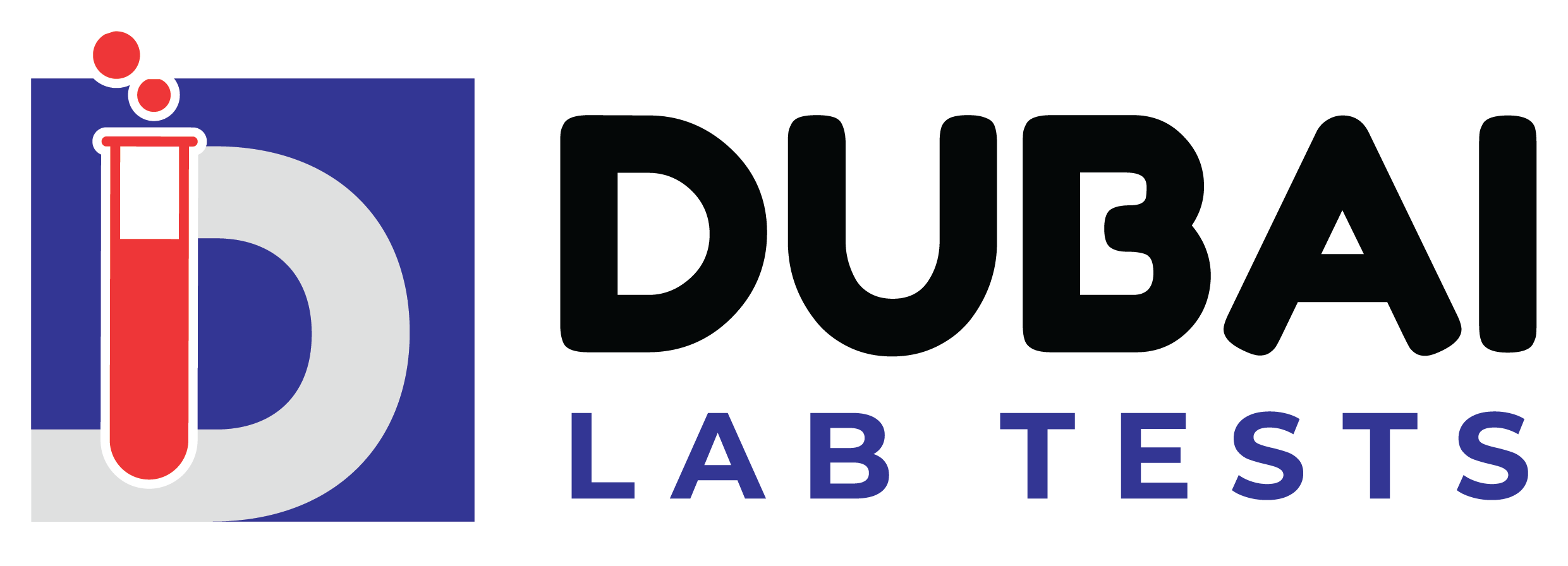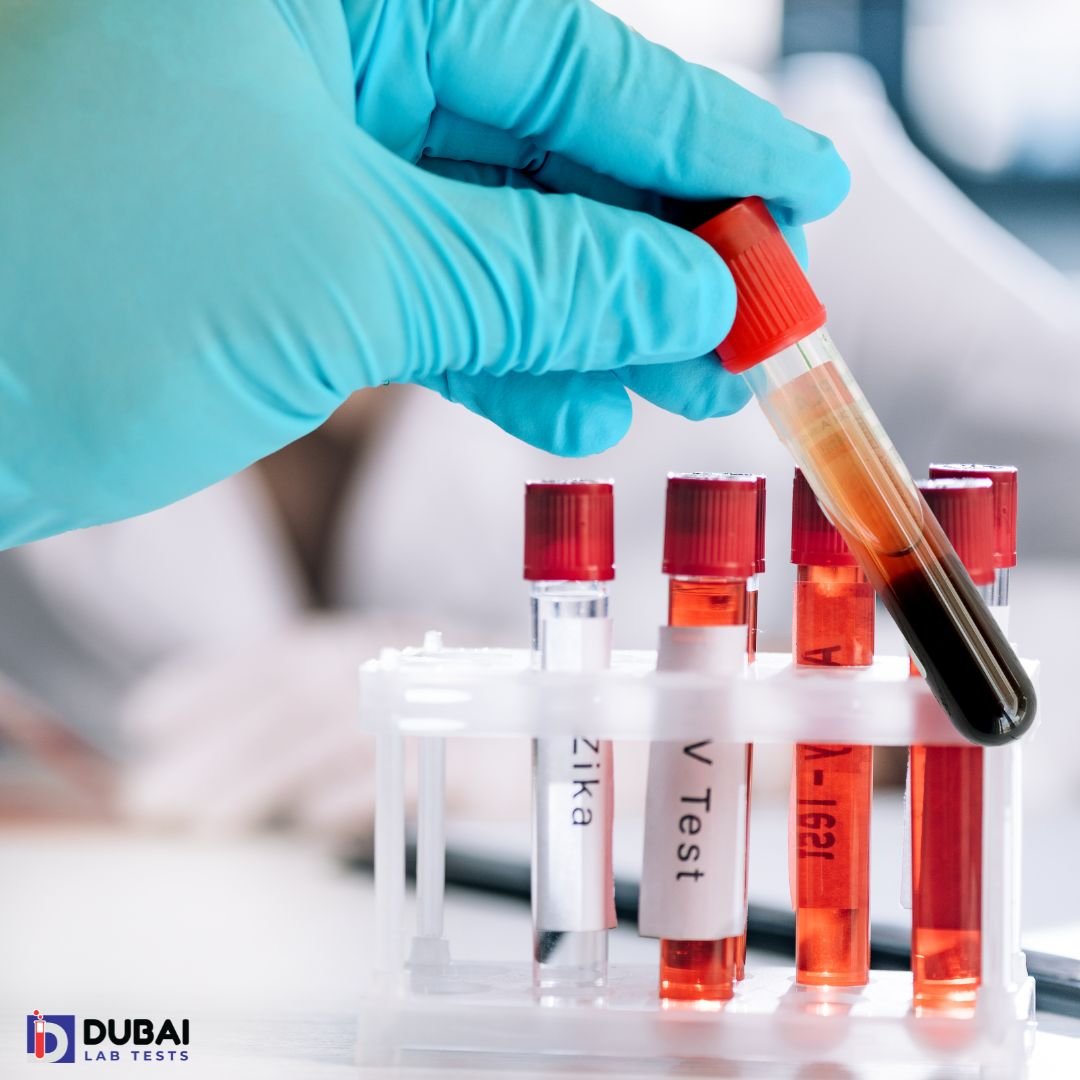Anti-Saccharomyces cerevisiae Antibodies (ASCA)(IgG)
د.إ250.00
Sample Type : Serum
Methodology : Enzyme-immunoassay
TAT : 7 Days
Description
**Anti-Saccharomyces cerevisiae Antibodies (ASCA) (IgG) Test**
The Anti-Saccharomyces cerevisiae Antibodies (ASCA) (IgG) test is a specialized diagnostic tool designed to detect the presence of IgG antibodies against Saccharomyces cerevisiae, a type of yeast. This test plays a critical role in identifying and monitoring certain autoimmune and gastrointestinal conditions, particularly Crohn’s disease, helping healthcare providers make accurate diagnoses and develop effective treatment plans.
**Why You Need This Test**
The ASCA (IgG) test is essential for individuals experiencing symptoms or conditions that may indicate inflammatory bowel disease (IBD), especially Crohn’s disease. The presence of ASCA antibodies is often associated with Crohn’s disease, making this test a valuable diagnostic tool for distinguishing it from other forms of IBD, such as ulcerative colitis. Early detection through this test can lead to timely intervention, reducing the risk of complications and improving quality of life. Additionally, this test can help monitor disease progression and guide treatment strategies for individuals already diagnosed with Crohn’s disease.
**Symptoms That Indicate This Test**
You may need the ASCA (IgG) test if you are experiencing symptoms such as:
– Chronic abdominal pain or cramping
– Persistent diarrhea or loose stools
– Unexplained weight loss
– Fatigue or low energy levels
– Rectal bleeding or blood in the stool
– Bloating or a feeling of fullness
– Nutritional deficiencies or malabsorption issues
These symptoms are commonly associated with Crohn’s disease and other gastrointestinal disorders, making this test a critical step in identifying the underlying cause.
**Natural Production**
The body naturally produces antibodies, such as IgG, as part of the immune system’s response to foreign substances. In some individuals, the immune system mistakenly targets Saccharomyces cerevisiae, a harmless yeast found in the digestive tract and certain foods. This abnormal immune response leads to the production of ASCA antibodies. Factors such as genetic predisposition, environmental triggers, and gut microbiome imbalances can influence the levels of these antibodies, which is why testing is crucial for understanding their role in specific health conditions like Crohn’s disease.
**What Happens If Untreated**
If abnormal ASCA (IgG) levels are left unaddressed, the underlying condition, such as Crohn’s disease, may progress and lead to severe complications. These can include intestinal strictures, fistulas, abscesses, malnutrition, and an increased risk of colorectal cancer. Early detection and management are vital to prevent these outcomes and maintain overall health.
**How to Prepare for the Test**
Preparing for the ASCA (IgG) test is simple and straightforward. No fasting is required, and you can continue taking your regular medications unless otherwise instructed by your healthcare provider. However, it is always recommended to inform your doctor about any medications or supplements you are taking before the test.
**Test Overview**
– Sample Type: Serum
– Methodology: Enzyme-immunoassay
– Turnaround Time (TAT): 7 Days
This test requires a blood sample, which will be analyzed using enzyme-immunoassay technology to detect the presence of ASCA (IgG) antibodies. Results are typically available within seven days, providing timely insights into your health.
**Call to Action**
Take control of your digestive health today with the Anti-Saccharomyces cerevisiae Antibodies (ASCA) (IgG) test. Whether you’re experiencing symptoms of Crohn’s disease or seeking to monitor an existing condition, this test offers valuable insights to guide your healthcare journey. Don’t wait—book your lab test online now and get the answers you need to live a healthier life. Search for a diagnostic test near me or buy this lab test online to get started.
**Category**: Immunology




Reviews
There are no reviews yet.